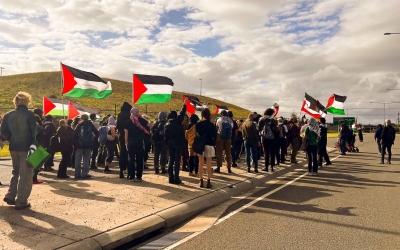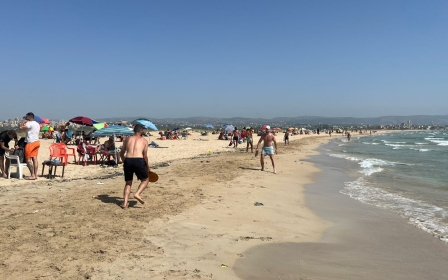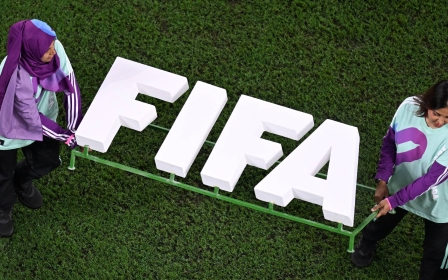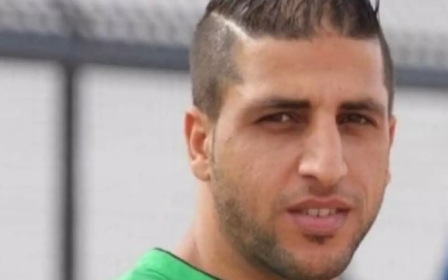Palestine football chief says he was denied Australia visa over 'terrorism' links
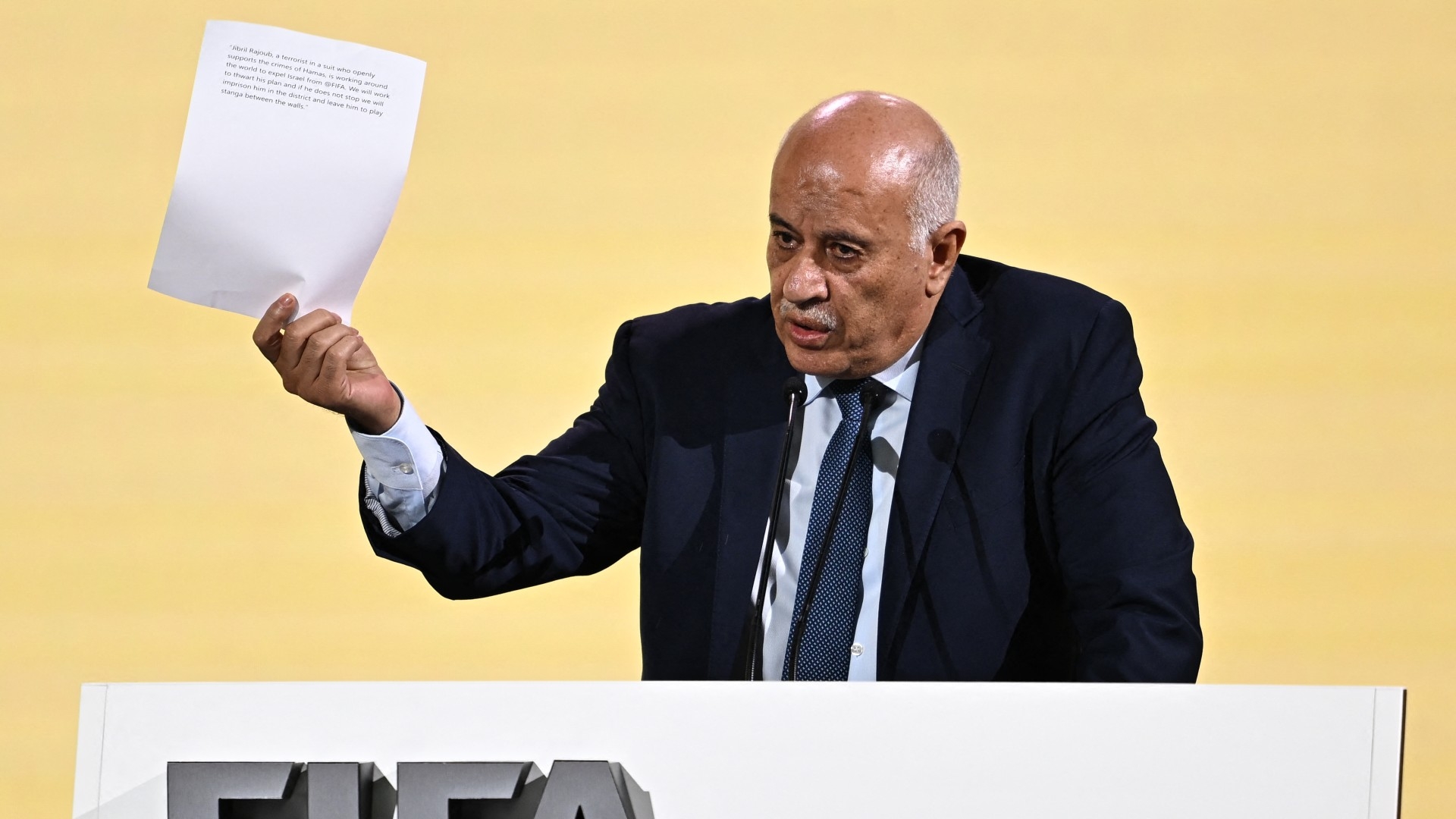
Jibril Rajoub, the head of the Palestinian Football Association, was denied a visa to enter Australia, which he said authorities justified by claiming he was linked to a "terrorist organisation".
The 71-year-old was not able to join up with the Palestinian men's football team on Tuesday, as they took on Australia in a World Cup qualifier in Perth.
In an interview with Ultra Palestine, Rajoub said that Australian authorities had told him the ban was "because I was a former prisoner and a member of a 'terrorist organisation'".
He added: "The truth is that my entry was prevented under Israeli pressure, as I had previously entered Australia twice."
Australian Prime Minister Anthony Albanese said that the decision was made "at arm's length" by the country's immigation department.
New MEE newsletter: Jerusalem Dispatch
Sign up to get the latest insights and analysis on Israel-Palestine, alongside Turkey Unpacked and other MEE newsletters
A spokesperson for the Department of Home Affairs told ABC News: "The Department does not comment on individual cases. All non-citizens applying for visas to enter Australia are considered on an individual basis against legal requirements."
ABC reported that Rajoub's visa rejection was based on an omission in his application, and was unrelated to any comments he had made since Israel's war on Gaza began in October.
As well as being a football administrator, Rajoub is the head of the Palestinian Olympic Committee and a senior figure in Fatah, the political party that dominates the Palestine Liberation Organisation (PLO) and Palestinian Authority (PA).
Rajoub was arrested several times by Israeli authorities between 1968 and the signing of the Oslo Accords in 1994, over alleged resistance activity.
He was briefly a national security adviser to late PLO leader Yasser Arafat and has been a member of Fatah's central committee, the party's highest decision making body, since 2009. He currently serves as the committee's secretary-general.
Israel Katz, Israel's foreign minister, said on X that Australia had banned "convicted terrorist Jibril Rajoub from entering the country".
"Rajoub, who praised the Hamas massacre on October 7th and called for a similar massacre in Judea and Samaria, is not fit to attend international football matches - he should stay in the Muqata and play wall ball instead," Katz wrote.
Nearly 300 athletes killed in Gaza
Rajoub has been lobbying for Israel to be temporarily suspended from football's governing body Fifa over its war on Gaza. He noted last month that 282 athletes had been killed by Israel since 7 October, including 193 footballers.
A vote to suspend Israel has been postponed by Fifa while it seeks independent legal advice on the proposal.
Nasser Mashni, the head of the Australian Palestinian Advocacy Network, told ABC that it was a "great shock" and "real concern" that Rajoub was denied a visa.
Australia won the match in Perth 5-0, though Palestine had already made it through to the next round of qualifying. Palestine has never qualified for the World Cup.
Ahead of the match on Tuesday, prominent Australian cricketer Usman Khawaja wrote on X: "Palestinian flags will be flying everywhere in HBF Park in Perth. And they can't ban them.
"Likewise I'm confused how we are playing a country that our government doesn't even recognise? Is this Socceroos v Nobody?"
Australia is one of a minority of countries that has yet to recognise Palestinian statehood. Over 140 of 193 UN member states have made the recognition.
Middle East Eye delivers independent and unrivalled coverage and analysis of the Middle East, North Africa and beyond. To learn more about republishing this content and the associated fees, please fill out this form. More about MEE can be found here.


